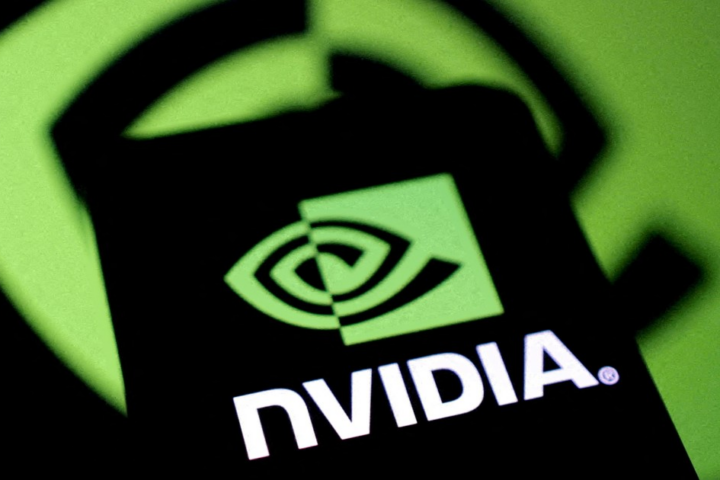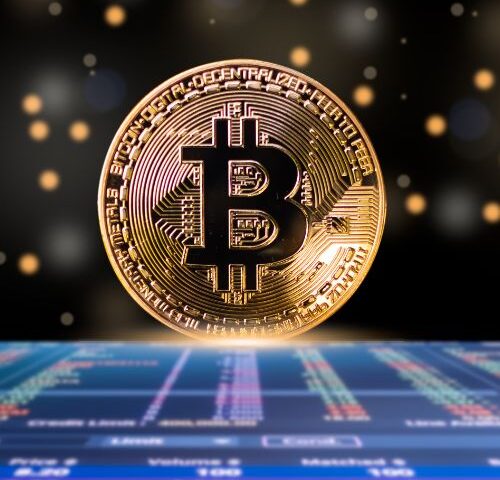The BlackRock GIP Buyout has become one of the most talked-about finance stories of 2025. With a $12.5 billion acquisition of Global Infrastructure Partners (GIP), BlackRock is making a decisive push into infrastructure, alternative assets, and long-term investment strategies. This deal is more than a corporate transaction—it’s a statement on where the future of global investing is headed.
Why BlackRock Targeted GIP
Global Infrastructure Partners (GIP) manages more than $100 billion in infrastructure assets across airports, energy networks, pipelines, and digital infrastructure. For BlackRock, the GIP acquisition was a natural extension of its strategy to diversify beyond traditional equities and bonds.
Larry Fink, BlackRock’s CEO, has long argued that infrastructure is the asset class of the future stable, inflation-protected, and capable of generating strong returns in both developed and emerging markets. The BlackRock GIP Buyout delivers on that vision by placing the firm at the center of one of the fastest-growing investment categories.
What the BlackRock GIP Buyout Means for Investors
- Stable Cash Flows: Infrastructure assets typically generate steady, predictable income. This appeals to pension funds and sovereign wealth funds seeking long-term stability.
- Inflation Hedge: Infrastructure investments often include inflation-linked revenues, offering a natural protection for investors.
- Energy Transition Leadership: With GIP’s assets, BlackRock now has a stronger role in renewable energy, green infrastructure, and digital transformation projects.
- Competitive Edge: Rivals like Brookfield and KKR must now contend with a BlackRock that is significantly stronger in private markets.
Global Impact of the BlackRock GIP Buyout
The acquisition is more than a corporate move—it is reshaping global finance. Here’s how:
- For Emerging Markets: BlackRock can now finance major infrastructure projects, from airports in Asia to renewable energy parks in Africa.
- For Developed Economies: The U.S. and Europe will see increased funding for modernization of outdated infrastructure, aligning with government priorities.
- For Global Capital Flows: Institutional investors worldwide may now channel funds through BlackRock to gain access to this diverse infrastructure portfolio.
Market Analysts React
Analysts see the BlackRock GIP Buyout as a turning point. It reflects a paradigm shift in asset allocation: investors are increasingly moving away from public markets toward private alternatives and real assets.
According to market reports, alternatives including private equity, infrastructure, and private credit could represent 50% of BlackRock’s total revenues within the next decade. This deal accelerates that trend and positions BlackRock as a global leader in alternative investments.
The Bigger Picture
The BlackRock GIP Buyout demonstrates how asset managers are re-positioning in an era of economic uncertainty. Traditional stock and bond markets remain volatile, while infrastructure offers stability and long-term growth.
By making this $12.5 billion leap, BlackRock is betting that infrastructure is the new frontier for alpha—the strategy for outperforming in the decade ahead.
The BlackRock GIP Buyout is more than a financial deal—it’s a signpost for where global investing is going. For institutional investors, retail investors, and policy makers, the message is clear: the future is in infrastructure and alternatives.
Follow DFMedia for more insights, analysis, and updates on global finance and business management.







